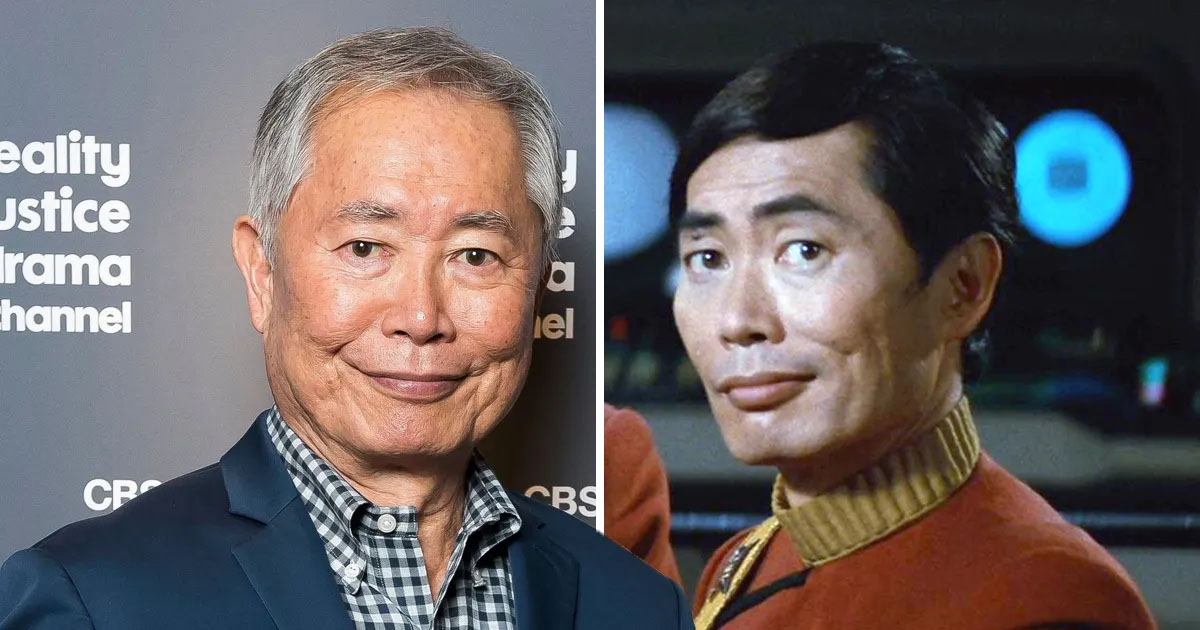
Photo Credit: File Photo
The incarceration of 120,000 Japanese Americans, including children, during World War II remains a traumatic chapter in American history. This dark period galvanized the Japanese American community, and George Takei, known for his role as Hikaru Sulu in the "Star Trek" franchise, is determined to keep this story alive.
"I consider it my mission in life to educate Americans on this chapter of American history," Takei shared in a recent interview with The Associated Press. Despite the passage of time, he fears the lessons about the failure of U.S. democracy have not been fully learned, even within the Japanese American community. "The shame of internment is the government's. They're the ones that did something unjust, cruel, and inhuman. But so often the victims of the government actions take on the shame themselves," he explained.
Takei, now 87, was just four years old when President Franklin D. Roosevelt signed Executive Order 9066 on February 19, 1942, following the Japanese bombing of Pearl Harbor. This order labeled anyone of Japanese descent as an enemy and forcibly removed them from their West Coast homes. Takei spent three years in internment camps, an experience he recounts in his new children's picture book, "My Lost Freedom," illustrated by Michelle Lee.
In "My Lost Freedom," Takei vividly describes his internment in three camps: the Santa Anita racetrack, Camp Rohwer, and Tule Lake, a high-security segregation center. "We were seen as different from other Americans. This was unfair. We were Americans, who had nothing to do with Pearl Harbor. Yet we were imprisoned behind barbed wires," Takei writes. His parents endured these hardships with quiet dignity, sewing clothes, making chairs from scrap lumber, and finding moments of joy amidst the adversity.
Takei's story of resilience echoes through the broader Japanese American experience, as depicted in other works like Jeanne Wakatsuki Houston's "Farewell to Manzanar" and Lawson Fusao Inada's "Only What We Could Carry." David Inoue, executive director of the Japanese American Citizens League, emphasizes the ongoing relevance of Takei's message, particularly in light of recent anti-Asian discrimination exacerbated by the COVID-19 pandemic.
Takei and his family were sent to Tule Lake after his parents answered "No" to controversial questions on a loyalty questionnaire. These questions, which asked about willingness to serve in the U.S. armed forces and allegiance to the U.S., were problematic for those stripped of their civil rights. Tule Lake became the largest of the internment camps, holding 18,000 people.
Young men who answered "Yes" joined the 442nd Regimental Combat Team, an all-Japanese American unit that fought valiantly in Europe. Takei honors these men as heroes, acknowledging their sacrifice to prove their loyalty and free their families from internment.
In 1988, the Civil Liberties Act granted redress and a formal presidential apology to surviving Japanese Americans incarcerated during the war. Takei's father did not live to see this, but Takei continues to advocate for justice and remembrance.
Reflecting on "Star Trek," Takei notes the show's portrayal of diversity as a metaphor for the civil rights movement. "Different people, different ideas, different taste, different food. Gene Roddenberry wanted to make that statement. Each of the characters was supposed to represent a part of this planet," Takei said.
Jeff Ian
















